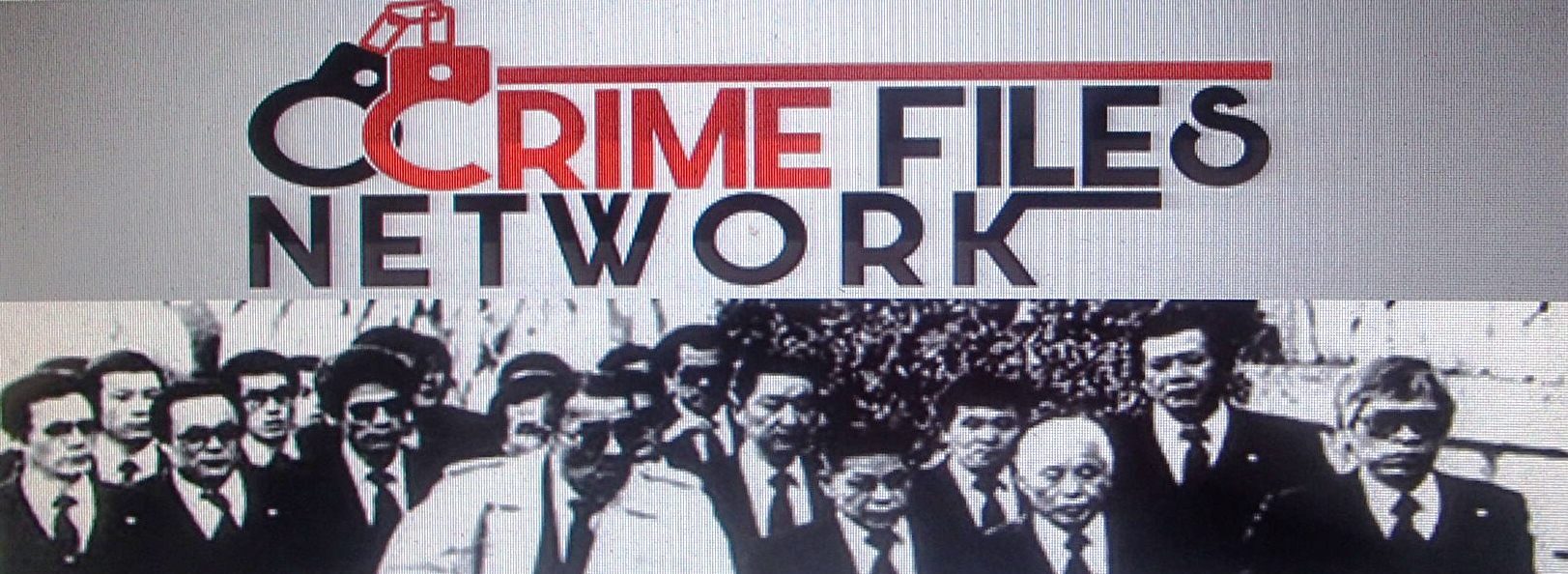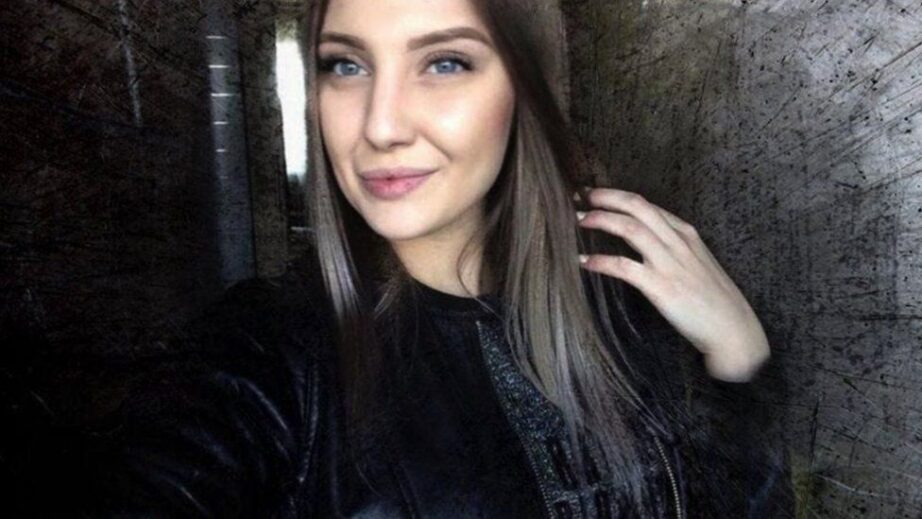Oksana Pekhteleva’s thinks this might be because a new law criminalises anyone who discredits people who have fought in the so-called “special military operation”.
The families of other victims are also worried about ex-convicts coming home, not only unpunished but further brutalised by their experiences on the front line.
Oksana Pekhteleva’s 23-year-old daughter Vera was stabbed more than 100 times, then strangled with an electric cable in an attack so violent it made headlines across Russia.
In July 2022 Vera’s former boyfriend, Vladislav Kanius, was sentenced to 17 years in a penal colony for her murder. Less than a year later, it didn’t occur to Oksana that he could be anywhere else. But she was wrong.
Photos of him started to appear on social media in May. He was holding a gun and wearing military uniform. To start with Oksana presumed they were fake.

But a month later she received official confirmation that Kanius had been transferred to a prison in Rostov in southern Russia, a place widely believed to be a staging point for Russian prisoners who volunteered to fight in Ukraine.
When Oksana asked the court to tell her where Kanius was they told her they were unable to find him and his location was a state secret. Given his last known location and the photos in military uniform, she thinks it is likely that he is fighting in Ukraine and if he survives will be given an official pardon and be able to return to civilian life a free man.
For a mother who spent months battling for justice for her daughter, it’s a bitter blow. “This is blasphemy,” she says. “It’s like all of us have been assaulted. This is a signal to all scum out there: ‘Do whatever you want, you won’t be punished.'”
![]()

